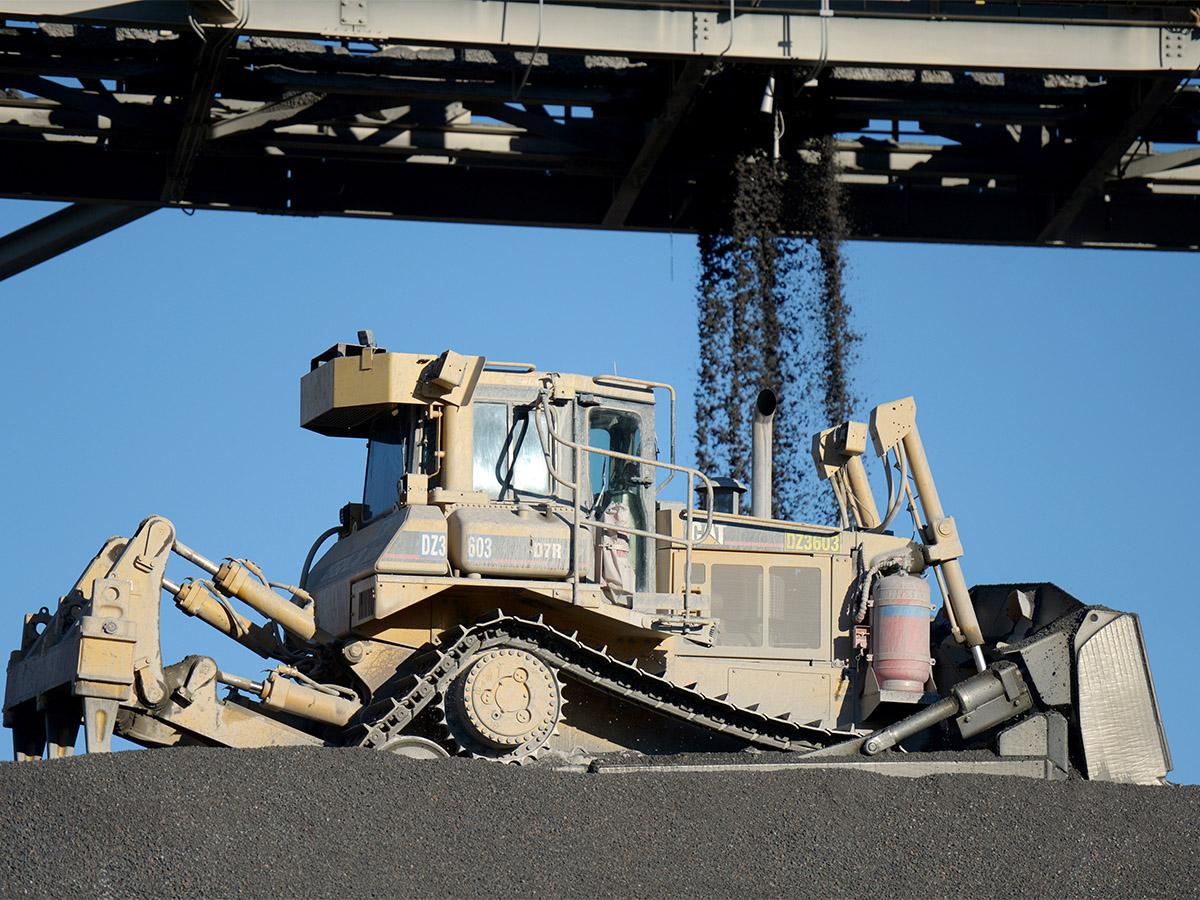Rio Tinto [RIO] had a strong 2019, its share price gaining near 28.6% for the full year, just below the 30% gains made by the S&P 500. On the approach to full-year earnings, however, the stock has begun to look unstable.
The mining stock, which has dropped by 9.2% from the start of the year to 20 February, saw share price gains after reporting its Q4 production results on 17 January. It rose 2% the day after the news, in which it reported a rise in shipment and production figures from the previous quarter.
These share price highs were quickly dampened, however, by a string of negative press over the next few weeks, including concerning reports about iron ore exports. In a new blow, last week’s downgrade in guidance for 2020 in shipments of iron ore made this week also impacted Rio Tinto’s share price. Adding to this, RBC Capital Markets recently raised alarm bells for Rio Tinto, suggesting a drop in iron ore prices related to the coronavirus could hit the company, according to Proactive Investors.
Commentators have been also been critical of the mining giant’s attempt to cut carbon emissions by building a large solar farm to feed its new Koodaideri iron ore mine, based in Australia. These efforts, according to critics, are not going far enough to cut its environmental impact. So, will the firm’s earnings, and its share price, be hampered over medium- to long-term as a result?
What Q4 figures tell us
Rio Tinto’s recent Q4 2019 report focused on the company’s shipment and production statistics, with deeper reporting on the company’s financials to come in its full-year report.
The mining giant saw an increase of 1% from last quarter in iron ore shipments — hitting 86.8 million tonnes — but saw a 4% fall in production. Its FY19 shipment and production figures came in at 327.4 million tonnes and 326.7 million tonnes, respectively, both down 3% from 2018 figures.
CEO Jean-Sébastien Jacques attributed the slight decline to challenging weather conditions and operational difficulties experienced in the first half of 2019. “We are increasing our investment, with $2.25bn of high-return projects in iron ore and copper approved in the fourth quarter,” Jacques said.
“We are increasing our investment, with $2.25bn of high-return projects in iron ore and copper approved in the fourth quarter” - CEO Jean-Sébastien Jacques
This news, along with — what was at the time — an optimistic outlook for 2020, may have contributed to the share gain following these results.
An unwelcome revision
For Q4 results, Rio Tinto guided for FY20 shipments of between 330 million tonnes and 343 million tonnes. A trading update on 18 February revealed that the company has since revised these figures due to impact from Tropical Cyclone Damien, which caused extensive damage across the company’s network of mines in Australia’s Pilbara region.
For this reason, Rio Tinto reduced FY20 shipment guidance to between 324 million and 334 million tonnes. Overall, the revision could dampen investors view on the stock, even if full-year figures are solid.
What’s putting pressure on the share price?
At the start of February, it was revealed that Brazil’s iron ore exports slid amid concerns over the coronavirus. For the first five days of February, iron ore exports averaged 1.27 million tonnes per day, down from 1.4 million tonnes per day a year ago, according to Reuters.
China is one of the largest buyers of Brazilian iron ore, and Chinese business makes up for nearly 50% of Rio Tinto’s total revenue, as per its interim report. This suggests investors are keen to see how the continued coronavirus impact will play out for the share price throughout 2020.
| Market Cap | £66.784bn |
| PE ratio (TTM) | 4.98 |
| EPS (TTM) | 797.40 |
| Quarterly Revenue Growth (YoY) | 4.10% |
Rio Tinto share price vitals, Yahoo Finance, 25 February 2020
The current consensus among three investment analysts polled by CNN Business is to buy Rio Tinto’s share price. This rating has held since December, according to the platform.
Many analysts have reissued alternative share price ratings in recent days, however. UBS Group reissued a neutral rating on the stock on 20 January, offering a price target of $55.91, while Deutsche Bank reissued a hold rating and set a $58.54 price target. On 18 February, Zacks downgraded the share price from a hold to a sell.
Elsewhere, Jeffries Financial Group dropped FY2020 earnings per share estimates for Rio Tinto in a research report issued to clients and investors on 17 February.
Despite this, some factors suggest that the share price in undervalued. With a P/E ratio of 10.58, Rio Tinto compares favourably with the market at large, as S&P 500 levels come in at 20.84, according to Zacks Investment Research.
The stock’s PE also looks well priced against the Zacks Basic Materials sector’s trailing twelve months PE Ratio, which stands at 16.51. This indicates the stock is relatively undervalued, according to the firm.
Continue reading for FREE
- Includes free newsletter updates, unsubscribe anytime. Privacy policy





